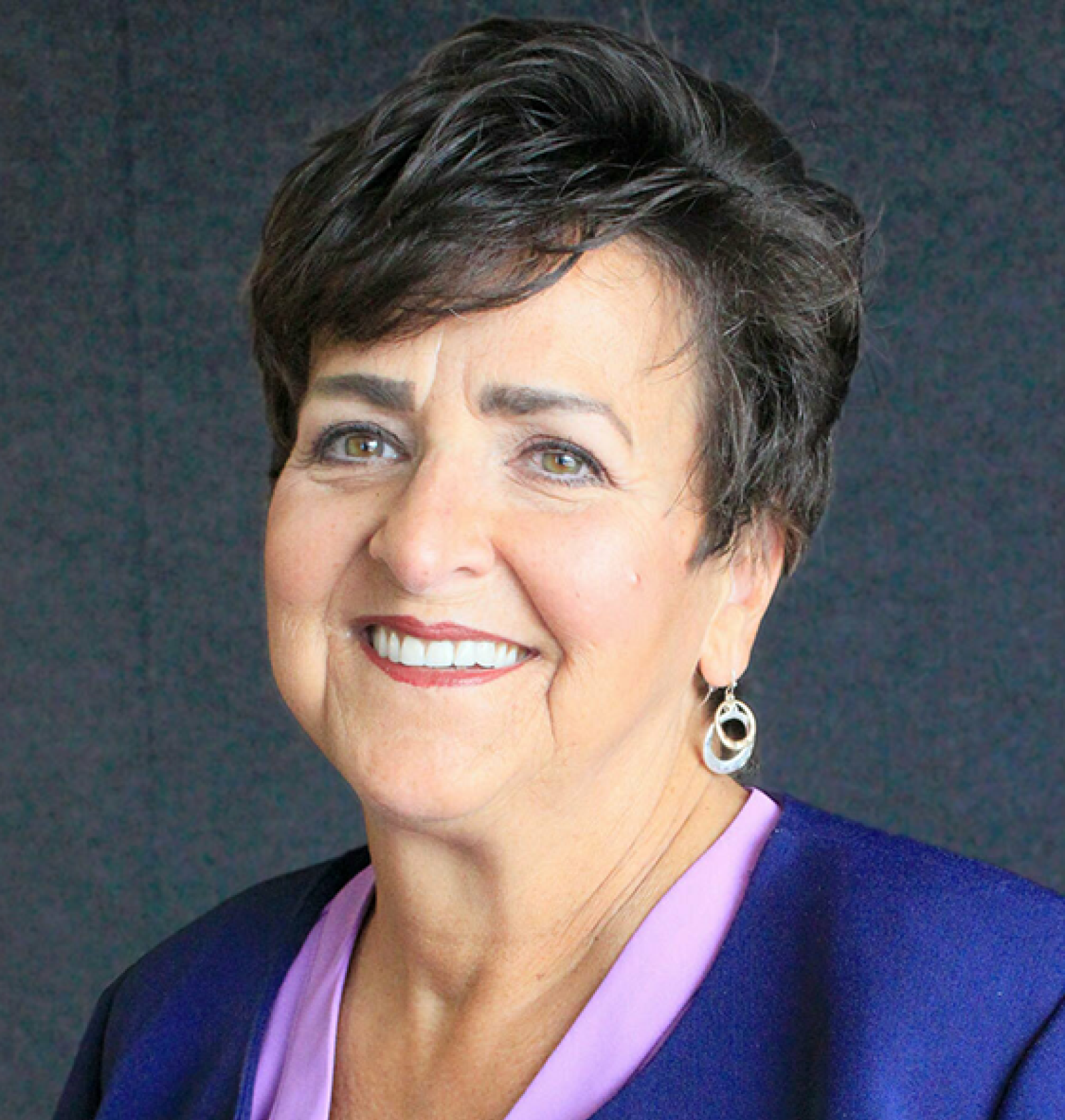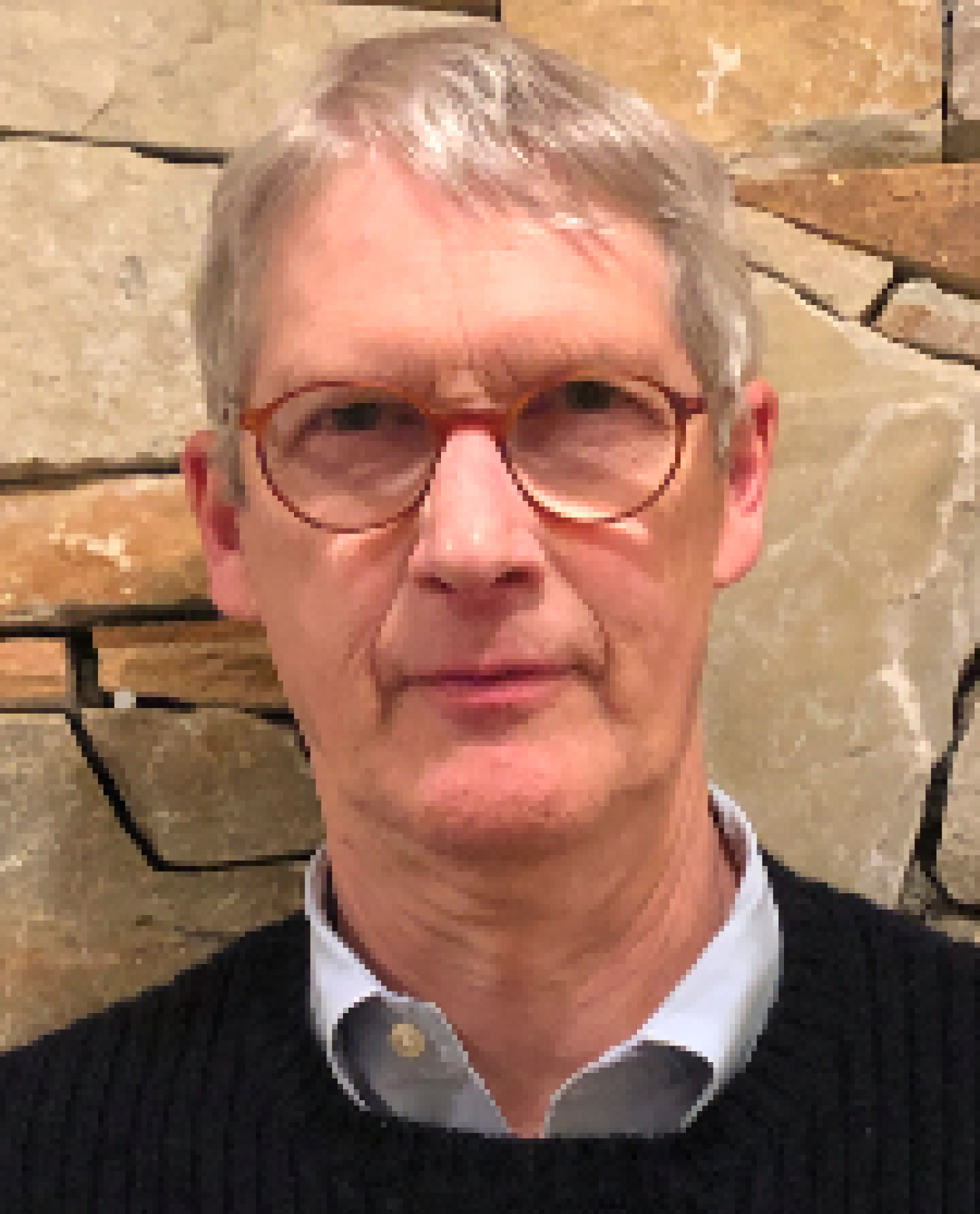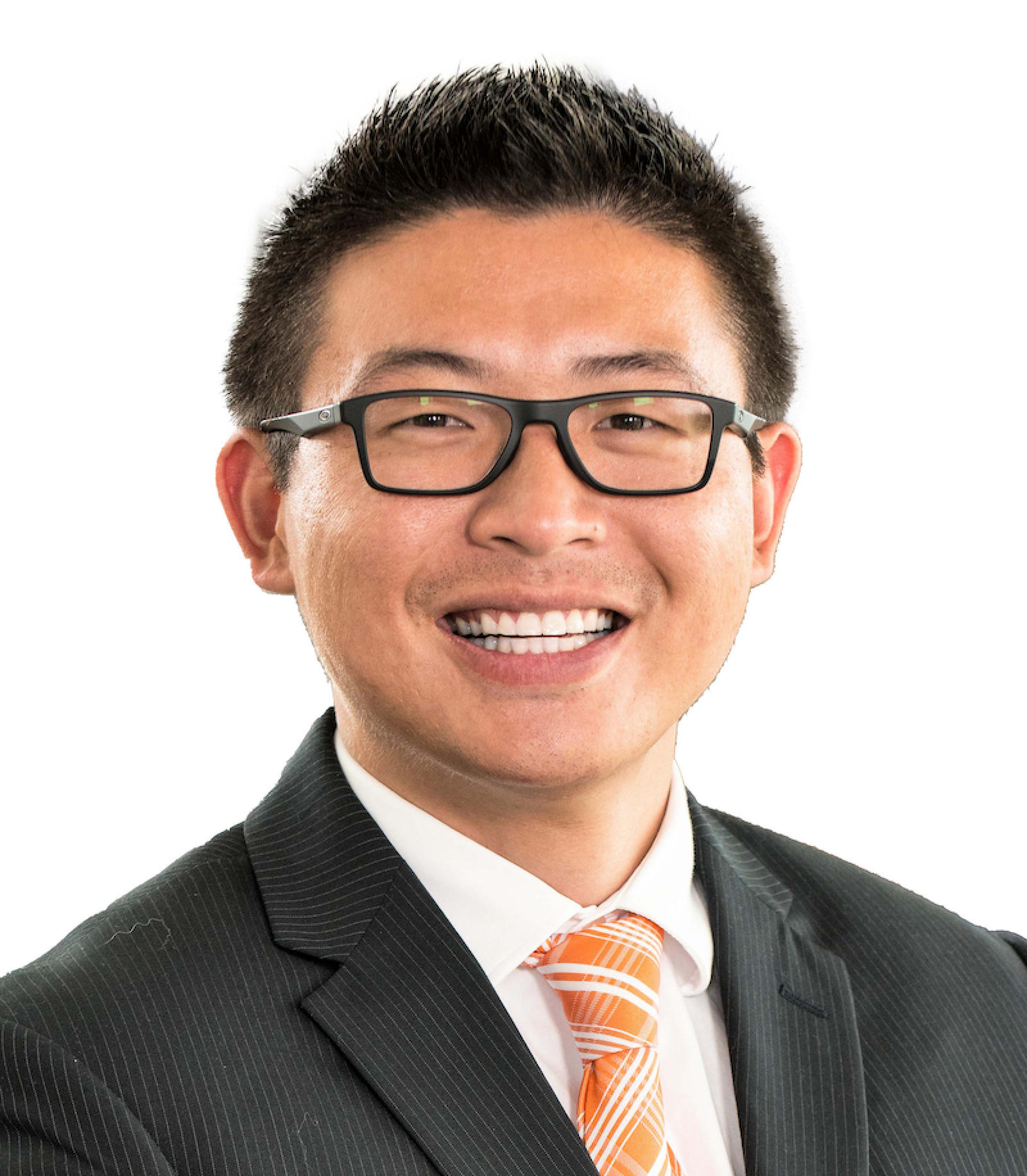Betsy Lehman Center offers virtual network of peer support to the state’s health care community
People who work in health care routinely face stressful situations, and in recent years the pandemic, staffing shortages, disinformation and frustrated or angry members of the public have added new challenges. To help clinicians, staff and others in health care deal with negative emotions related to the workplace, the Betsy Lehman Center has created a virtual network of trained peer supporters.
“It’s normal to feel stress under these conditions,” says Linda Kenney, Director of Peer Support Programs at the Betsy Lehman Center. She adds, “It's hard to work at the level we expect care providers to achieve, especially right now.”
She explains that the network is an opportunity for health care workers under stress to talk with people who have had similar experiences so they are not left to cope with difficult emotions on their own. “Connecting with a peer supporter won’t fix all the problems,” says Kenney. “But it provides a safe way to express feelings with someone who understands.”

Linda Kenney
All health care workers can access support
The Virtual Peer Support Network is available for free to individuals working in all roles related to patient care in Massachusetts. In addition to physicians, nurses and advanced practice providers, pharmacists, laboratory and radiologic technologists, public safety officers, environmental services, office staff and others can request support. Individuals will be matched by members of the Lehman Center’s peer support team 1:1 with a colleague in a similar role whenever possible, and all communications will be confidential.
Kenney notes this grassroots effort has been under development for several months and that her team has been pleased by the enthusiasm and generosity of scores of people who are helping to grow the network. All peer supporters in the network are volunteers and are current or retired health care workers. To date, 13 have completed the Betsy Lehman Center’s specialized training.
It can be easier to talk with someone you don’t know
Among the volunteers is Hugh Taylor, M.D., a family physician at Beverly Hospital and Vice President of the Massachusetts Medical Society. Although Dr. Taylor’s hospital offers its own peer support program, he knows many do not, which inspired him to volunteer with the virtual network. He is also aware that some individuals may prefer to talk with someone who is not a close colleague. “Many people will find it less threatening, less worrisome to talk to someone outside of their organization,” says Dr. Taylor.

Hugh Taylor, M.D.
Dr. Taylor also notes that peer support has traditionally been used to help clinicians after unexpected outcomes occur, including patient harm due to error. While that is still an important part of peer support, in recent years workers in all health care roles have experienced difficult emotions related to other stressors in patient care.
“There are probably more providers looking for peer support because they're feeling the burdens of practice for any number of reasons, not necessarily because they've made an error,” says Dr. Taylor.
Organizations can partner with the Betsy Lehman Center to offer support to staff
Kenney says her team has been reaching out to hospitals and other health care organizations to generate awareness that peer support is a helpful tool and to promote the virtual network as a resource for their workers.
One new partner, Sturdy Memorial Hospital and Sturdy Memorial Associates in Attleboro, is both promoting the network among clinicians and staff and helping to recruit volunteer peer supporters.

Paul Fu, M.D., M.B.A.
Paul Fu, M.D., M.B.A., has made peer support a priority since becoming Chief Medical Officer of Sturdy Memorial Associates in January 2022. And, before learning about the Betsy Lehman Center’s Virtual Peer Support Network, Sturdy’s Wellness Committee had considered creating its own program. The Wellness Committee includes providers at the hospital and in ambulatory practice.
Dr. Fu says he was drawn to the opportunity to connect people across institutions based on his experience with a peer support network at Auburn Community Hospital near Syracuse, New York, where he served as Chief Medical Officer. Auburn was one of five local hospitals that collaborated to offer peer support at the beginning of the pandemic. He largely credits the program’s success to the ease with which individuals could reach out to a peer at a different organization.
“If someone had had a really tough day at work and maybe felt burned out, they could reach out to the system and pretty quickly be connected with someone based at another hospital for support,” says Dr. Fu.
He also reports that workers at Sturdy are excited to have the opportunity to be trained and offer support to others. As of November 14, five workers at Sturdy have completed the Center’s peer support training.